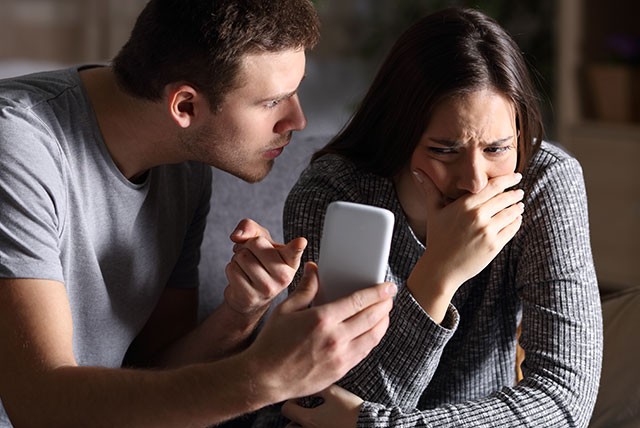


These are some of the signs that teens should look out for in their relationships.
It is important to note that this could happen to anyone, male or female. Although some may seem harmless, they are just as much a red flag as the more obvious indicators. You may not even notice that you are in a toxic or even abusive relationship.|
Humiliating or embarrassing you Constant put-downs Hypercriticism Refusing to communicate. Ignoring or excluding you Provocative behavior with opposite sex Unreasonable jealousy Extreme moodiness Mean jokes or constantly making fun of you, even if it bothers you/makes you feel bad. Saying "I love you but..." Saying things like "If you don't _____, I will_____." When you are in this situation, you may not realize statements like these are threats. Domination and control Withdrawal of affection Guilt trips Making everything your fault Isolating you from friends and family. For example, by making you cut off one friend at a time or making you choose between them and others that you love. Using money to control |
Constant calling or texting when you are not with him/her Threatening to commit suicide if you leave You fear telling them your feelings because they may get angry. If they have them, they use their addictions as excuses for their actions. Feels entitled to what they want you to do and does not see it as a courtesy. Makes you feel like you can not say no to sexual activity. Tries to control what you wear Has unrealistic expectations for you Puts rigid gender roles in place You are constantly on an emotional rollercoaster Make false allegations about you to your friends, employer, or the police, or find other ways to manipulate and isolate you Says that men are naturally violent If you are gay, bisexual, and/or transgender: Threatens to tell friends, family, colleagues, or community members your sexual orientation or gender identity (if you have not come out) Tells you that authorities won't help a gay, bisexual, or transgender person Tells you that leaving the relationship means you're admitting that gay, bisexual, or transgender relationships are deviant Justifies abuse by telling you that you're not "really" gay, bisexual, or transgender Plus many more in general |